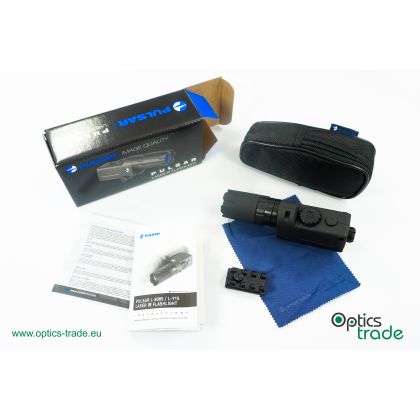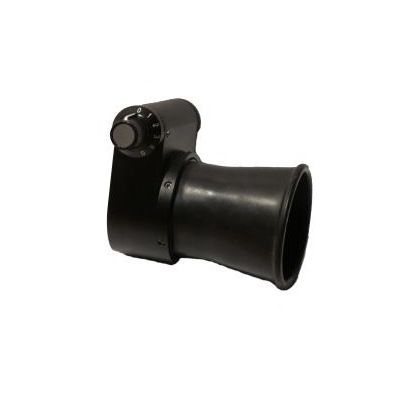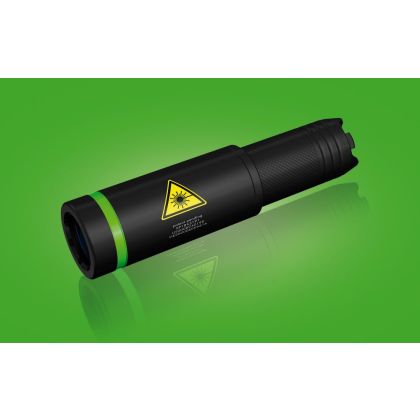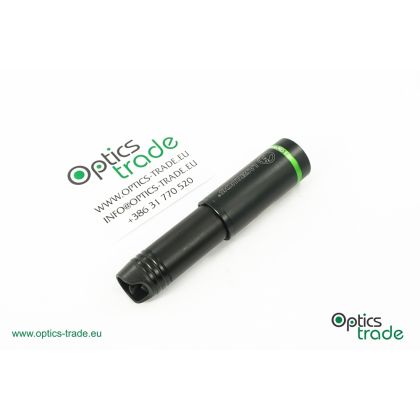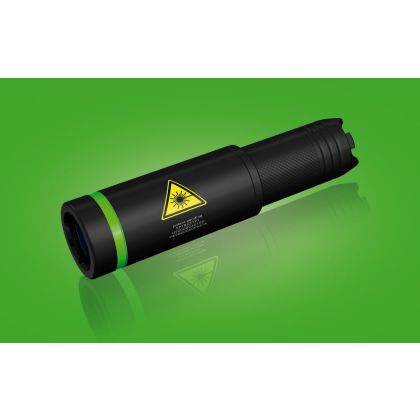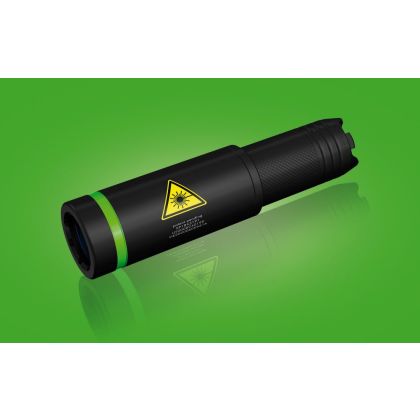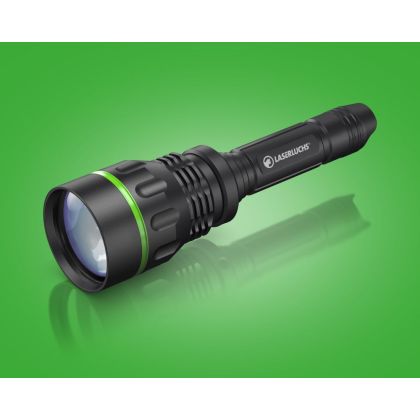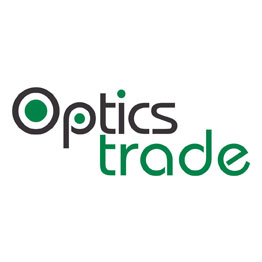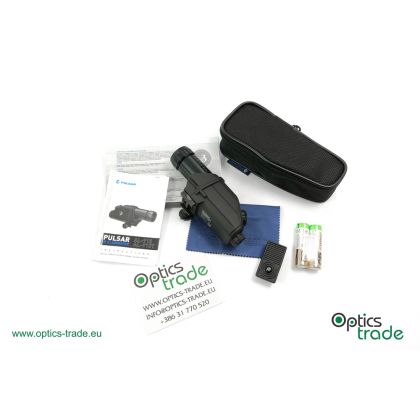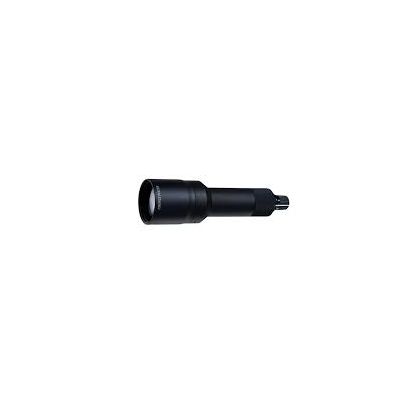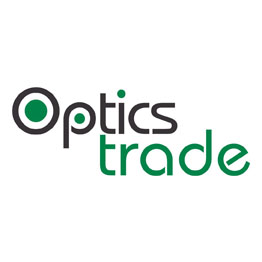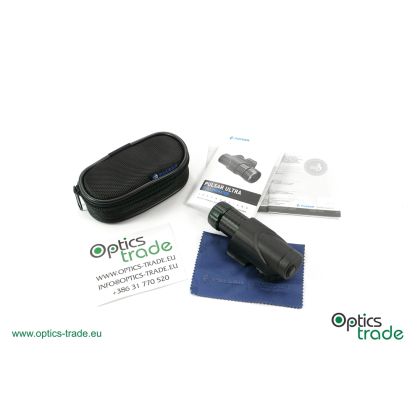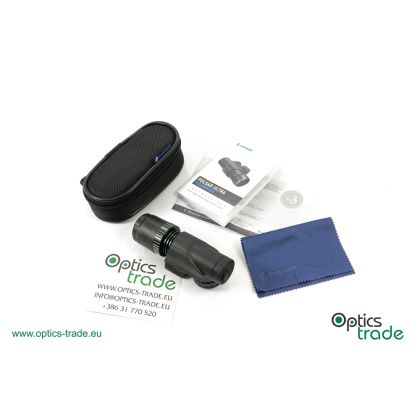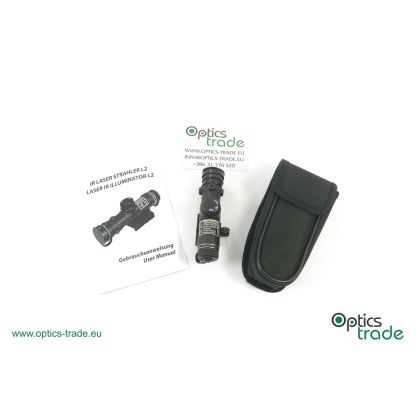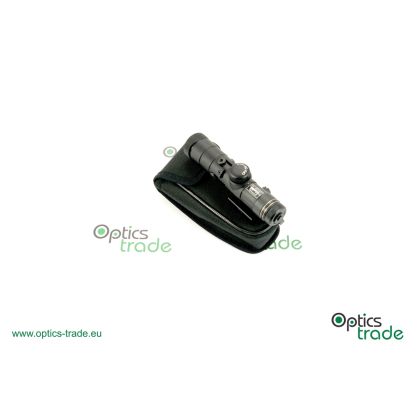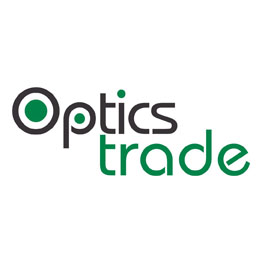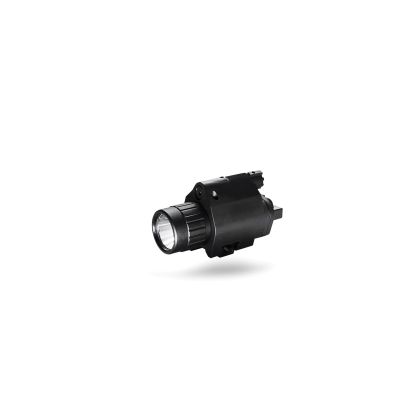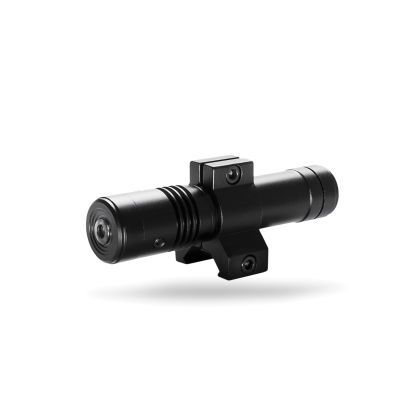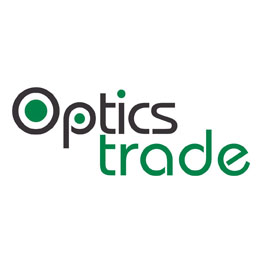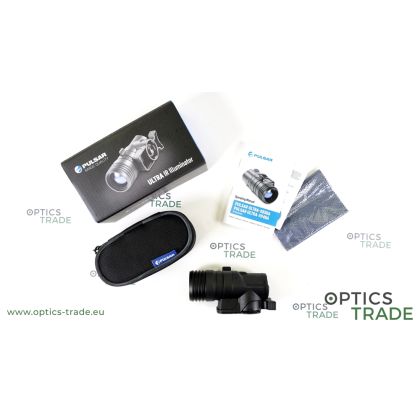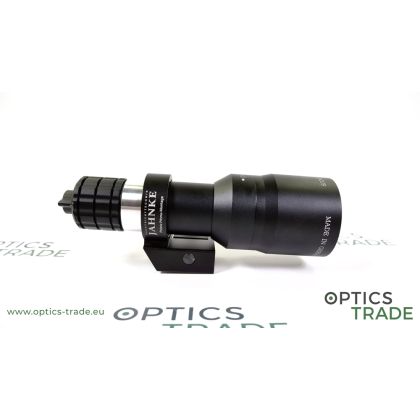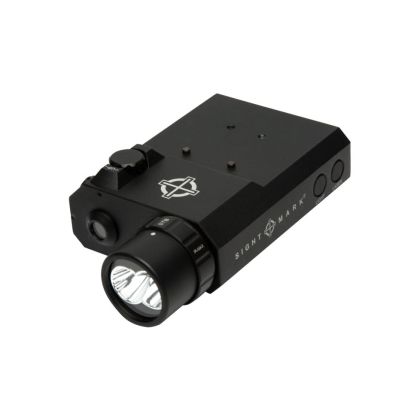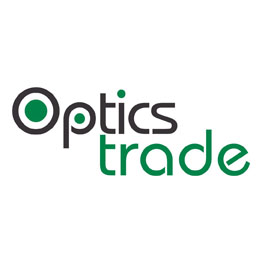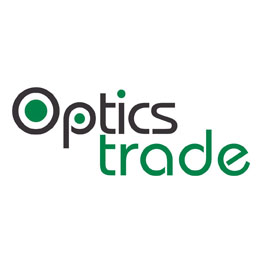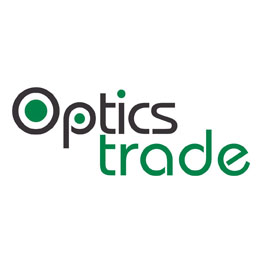Mounts
IR illuminators
Sub Categories
The human eye can see light wavelengths from 380 to 740 nanometers. This spectrum is also called visible light. Wavelengths beyond the visible spectrum are longer wavelengths and are called infrared wavelengths.
General features
An infrared illuminator is a flashlight that emits light in an infrared spectrum, which is invisible to the human eye, but visible for night vision devices. Infrared illuminators are available in different wavelengths, which tells us also, in combination with what kind of night vision they are designed to be used.
For example;
-
Most analog night vision devices with a Gen. 1 image intensifier tube can see wavelengths up to 760-780nm.
-
The most Gen. 2 night vision devices can detect the light of wavelengths up to 850nm, and some special image intensifier tubes from Photonis, like Photonis ECHO or XR-5, can detect light even up to 900nm.
-
Currently, the best Gen. 3 image intensifier tubes, like Photonis 4G, 4G+, and XR5, can detect wavelengths even up to 1000nm.
-
Digital night vision devices can detect wavelengths up to 950nm – 980nm.
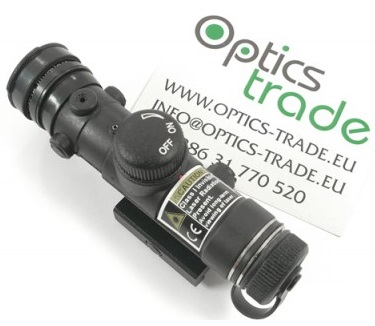
Dipol L2 Infrared Illuminator
Which Infrared Flashlight for which NV optic
So, when buying an infrared illuminator, you have to be cautious what is the maximal wavelength your night vision can detect. If the emitted light of your infrared illuminator is beyond the spectrum, it is invisible for such a device.
-
For Gen. 1 NV devices we would recommend an Infrared illuminator with a wavelength between 750nm and 780nm,
-
For Gen. 2 an illuminator with a wavelength of 850nm, or even higher (up to 900nm) if you own a high-quality IIT in your device.
-
For Gen. 3 an Infrared illuminator is mostly not needed, but one with a wavelength of 850nm - 900nm would work perfectly
-
For a digital night vision device, we would recommend an Infrared illuminator with a wavelength between 850nm and 980nm.
Are Infrared Flashlights visible to animals?
A very common question is if the IR illuminators are visible for animals. The answer is yes, but not all of them are visible.
Unlike humans, some animals can detect longer wavelengths of light. This means infrared illuminators with a wavelength of 760nm-780nm can be, for them, well visible. For this reason, there are Infrared illuminators with longer wavelengths like 850nm, or even longer.
The wavelength beyond 850nm is for the majority of animals invisible, but it requires a digital NV device, or at least a Gen. 2 analog NV device.
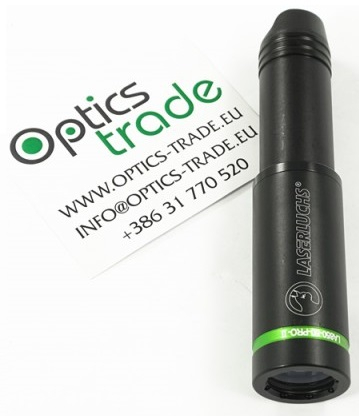
Laserluchs LA 850-50-PRO II
LED and Laser illuminator
In the past, most Infrared illuminators were incandescent lamps. These were high power lamps that have a covered infrared filter. This filter blocks the visible light but lets the infrared radiation passing through.
Now, the most popular infrared illuminator is with
LEDs
LED illuminators have a group of infrared-emitting LEDs, which have a good Infrared light output and are very energy efficient. This technology is already very well developed, so many LED illuminators produce Infrared light as strong as a laser illuminator. Laser Infrared illuminators are the most powerful illuminators and are based on an infrared laser diode that produces the infrared light.
Laser
Laser IRs emit light in an exact and very narrow band. For example, from 848nm to 852 nm. IR LEDs, however, have a much wider range of radiation output. An 850nm LED can radiate from 825nm to 875nm and is then declared as 850 nm because the radiation is the strongest there.
An infrared illuminator is available with
-
adjustable power or
-
with fixed power.
Some infrared illuminators have also the ability to adjust the beam, for wide illumination on close range, or small beam for long-range observations.
Mounting solutions
Night vision optics are mostly used for hunting purposes. Because of that, the manufacturers developed many types of mounting solutions for their Infrared illuminators.
The most common are Infrared illuminators with a 30mm main tube, so a normal rifle scope mounting ring can be used. This one can be then attached to the optic itself, or directly on the rifle.
Mounts on night vision optics
The most common mounting solutions on NV optics are short 11 mm dovetail rails or short Picatinny rails.
For mounting on the rifle, it is the easiest way to use a mounting ring for a Picatinny rail. Thanks to that, it can be mounted anywhere on the rail.
If you don´t have a Picatinny rail mounting solution on your rifle, then a clamp-mount can be used. This can be clamped directly on your rifle scope or the rifle barrel.
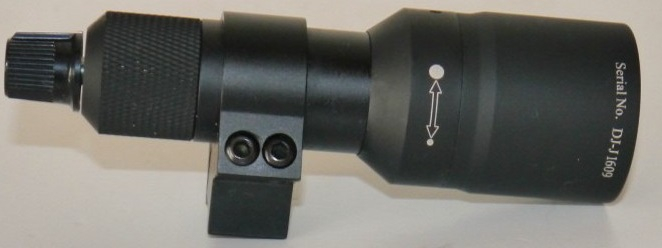
A short presentation of Infrared Illuminator is available here.
Video presentation of IR flashlights and lasers
Filters
Sort
Filters
Sort
